Ancient Egypt was one of the worst times for servants and you will soon find out why.
History will always be one of my favorite topics to read about. Since I also enjoy sharing knowledge, I decided to create a new series of posts related to this awesome topic. In this opportunity I want to share with all of you a very interesting (and tragic) historical fact that happened a very long time ago, and yes, you read the title right, it has to do with flies and honey. But first, I need to explain you the context.
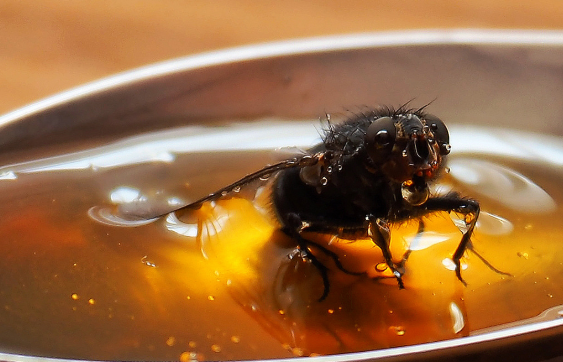

Many great ancient civilizations have taken place throughout history, they have been crucial for the evolution of humans and their inventions are the basis of most modern advancements. Each one of them have made their own impact in the world, however I think we can all agree that ancient Egypt was undoubtedly one of the greatest civilizations of all time.
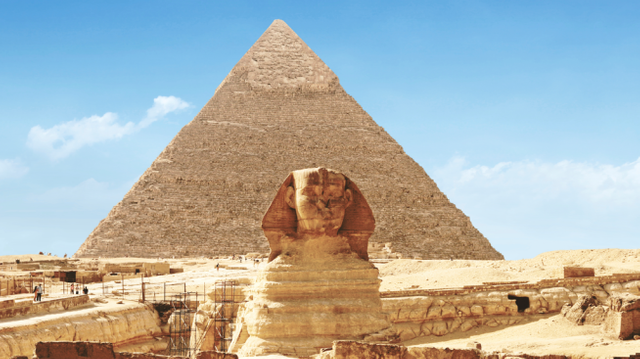
It was the first nation to be ruled and unified by law. They built a whole empire on sand and their ability to develop cities, pyramids and temples was truly admirable. They were one of the smartest societies as well, since many important advances in engineering, astronomy and medicine were achieved by Egyptians that lived during those ancient times. But of course, they also had some cruel ways of treating people.
Their supreme leaders were called “Pharaohs”.
“Pharaoh” is the common title given to monarchs of ancient Egypt, they were the most powerful people of the nation and they were also considered gods. The word “pharaoh” means “great house” because basically, their bodies were “the house of God”. Peasants were not allowed to call them by their name and they had many servants whose job was to do the things the pharaoh didn’t want to do (which was almost everything).
As pharaohs, they held two titles: “High Priest of Every Temple” and “Lord of the Two Lands”. This was because they were the religious and political leaders of the Egyptian people.
The title “High Priest of Every Temple” meant that they represented the gods on Earth and in order to honour them, they had to build temples and perform rituals.
On the other hand, the title “Lord of The Two Lands” meant that they were the owners of every land in both Upper and Lower Egypt. They ruled by creating new laws, collecting taxes and by defending the country against foreigners.
During the Old Kingdom period (also known as the “Age of the Pyramids”) many great pharaohs took place and three royal dynasties ruled the Egyptian nation. These were the 4th - 6th dynasty. The 4th dynasty was a time of progress with a strong and powerful centralized government. On the other hand, the 5th and 6th dynasty were filled with internal conflicts mainly caused by the increased popularity of local nobles who had been accumulating power and wealth.
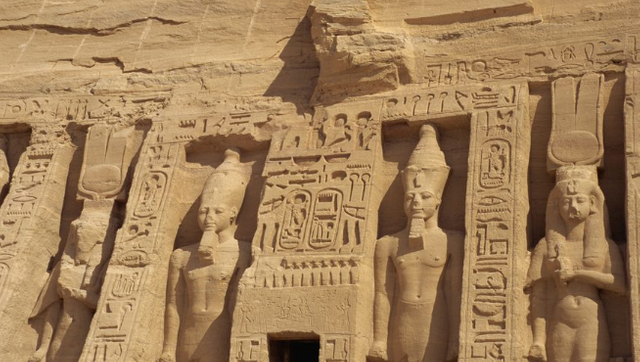
One of the pharaohs that ruled during this time was Pepy II, who turns out to be the main character of today’s historical fact.
Pepy II or Pepi II was a pharaoh part of the Sixth Dynasty of Egypt’s ancient kings, he ruled approximately between 2225 BC and 2165 BC. He succeeded to the throne at the age of six, and his throne name was “Neferkare”, which means "Beautiful is the Ka of Re".
Like I mentioned in the beginning, pharaohs had many servants to perform all the activities that were “too much work for them” and Pepy II took their job to another level. Since he despised flies he invented a system for avoiding insects in which naked slaves were smeared with honey and kept near him, so in that way the servants would attract all the flies and he wouldn’t be bothered.
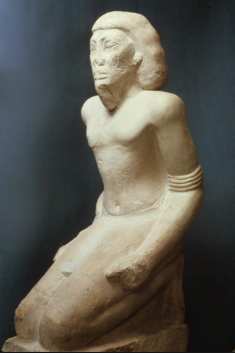
Because pharaohs had so much power over the rest of the people it's not weird that they decided to do things like this, but I guess you can say Pepy II took very seriously the expression “You can catch more flies with honey than with vinegar”.
Pepy II ruled for 94 years and then he died. He was buried in his pyramid tomb in Saqqara and the Old Kingdom came to an end only a few decades after Pepy II passed away due to political conflicts.
| References: |
|---|
| Old Kingdom of Egypt |
| Pepi II - Biography |
| Pepi II Neferkare |
| Egypt |
Posted from my blog with SteemPress : http://marugy99.vornix.blog/2018/07/06/historical-facts-vol-1-flies-and-honey/
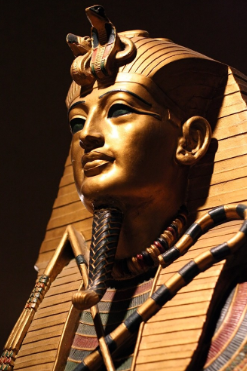
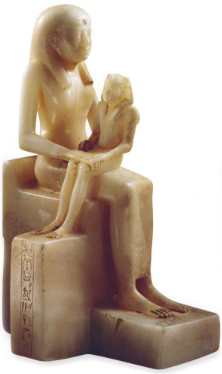
Pepy II sounds really cruel.
(You know in Greek Pepy is a woman's name)
Cool post @marugy99!!
You may also wanna check out @zest and @laylahsophia who make awesome history posts ;)
Downvoting a post can decrease pending rewards and make it less visible. Common reasons:
Submit
Yes! I'm sure that wasn't the only cruel thing he did to his servants. Thank you so much for reading, I really appreciate it and how interesting that Pepy is a woman's name in Greek :)
PD: I will check out their blogs!
Downvoting a post can decrease pending rewards and make it less visible. Common reasons:
Submit
This is just awesome, I enjoyed your post :3 love u.
Downvoting a post can decrease pending rewards and make it less visible. Common reasons:
Submit
Thank you! I'm glad you liked it, love u too <3
Downvoting a post can decrease pending rewards and make it less visible. Common reasons:
Submit
This brilliantly rich brilliant fluid is the supernatural result of bumble bees and a normally scrumptious contrasting option to white sugar. We know a ton about nectar and its boundless advantages, yet a significant number of us don't know precisely how and where it originates from.
The intriguing procedure of influencing nectar starts when the honey bees to devour blooms, gathering the blossom nectar in their mouths. This nectar at that point blends with extraordinary chemicals in the honey bees' spit, a procedure that transforms it into nectar. The honey bees convey the nectar back to the hive where they store it into the cells of the hive's dividers. The vacillating of their wings gives the vital ventilation to decrease the dampness' substance influencing it to prepared for utilization.
Downvoting a post can decrease pending rewards and make it less visible. Common reasons:
Submit